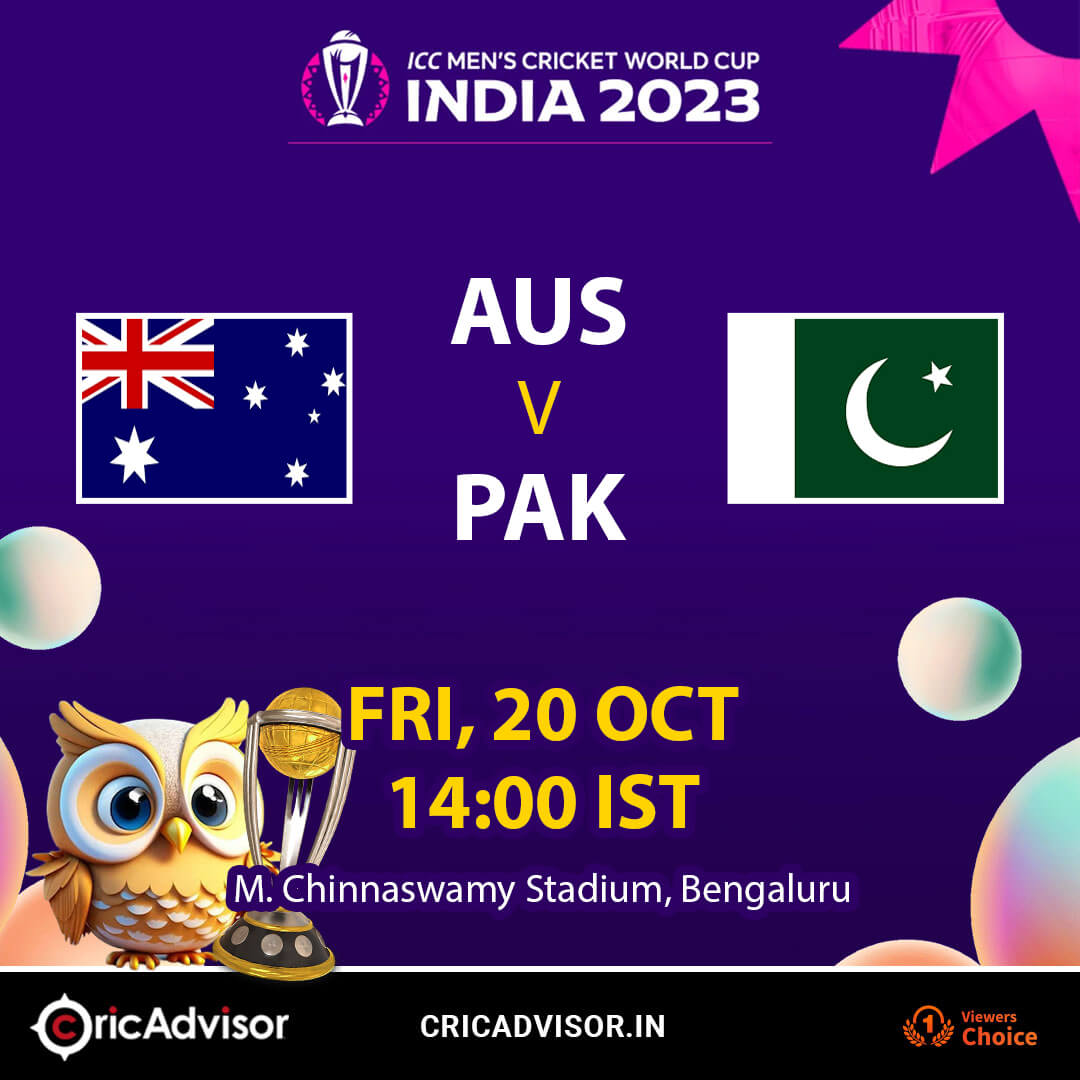
This year’s Asia Cup will be held in Hambantota, a coastal city in southern Sri Lanka. All Super 4 games and the final, which were originally scheduled to take place in Colombo, will now be played in Hambantota due to the island nation’s meteorological conditions.
This change has been communicated to all participating teams, and the Asian Cricket Council (ACC) is anticipated to make an official announcement shortly. The teams that have concluded their final league contests in Pakistan will travel to Hambantota, Sri Lanka. From Pallekele, the Indian contingent will now shift there.
According to CricAdvisor, there was also contemplation for holding the contests in the UAE. Due to concerns for the participants’ health, this option was ultimately discontinued. Due to the extraordinary conditions, playing in the scorching temperatures of the UAE just three weeks before the World Cup would pose significant health dangers for the players.
The ACC has also accounted for Hambantota’s meteorological patterns. Observations indicate that the precipitation levels there are significantly more favorable than in Colombo, the original location for the Super 4 stage. In Colombo, the probability of precipitation over the next 10 days is greater than 50 percent, whereas in Hambantota, it is only 20 percent, according to reports.
Obviously, the relocation of the entire tournament poses a significant logistical challenge for the ACC, but the continental body has taken swift action. Given that the next match in Sri Lanka is not until September 9, the ACC has had sufficient time to make the necessary preparations.
In the meantime, Najam Sethi has criticized the ACC’s preference for Sri Lanka in the Asia Cup. “I proposed that we play five matches in Pakistan and eight matches in the United Arab Emirates. This was also rejected and Sri Lanka was threatened with hosting the Asia Cup if we did not yield,” he wrote on the micro blogging site X (formerly Twitter), adding, “BCCI declined to accept their request. Only Mr. (Jay) Shah can explain why these options were rejected and why Sri Lanka was accepted against all logic and reason. As we have seen, the selection of venues in Sri Lanka was also problematic.”
Those involved with the tournament contend that such criticism is unwarranted and that the ACC does not receive the credit it merits for arranging the tournament in such a short time frame.










